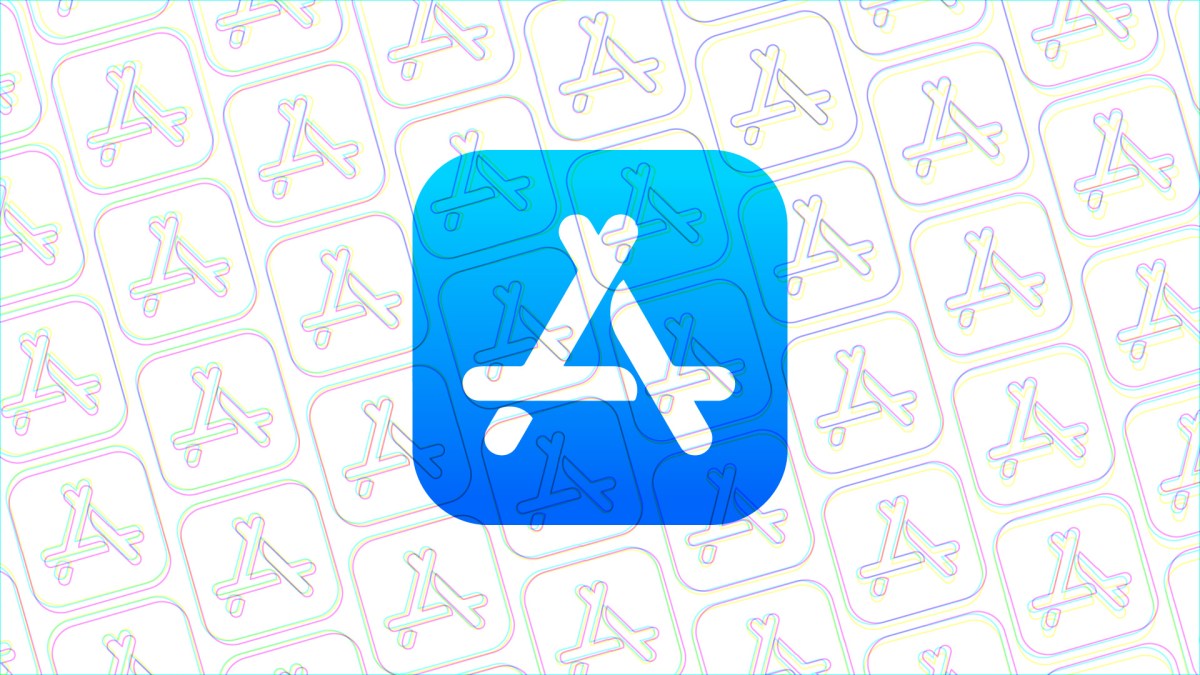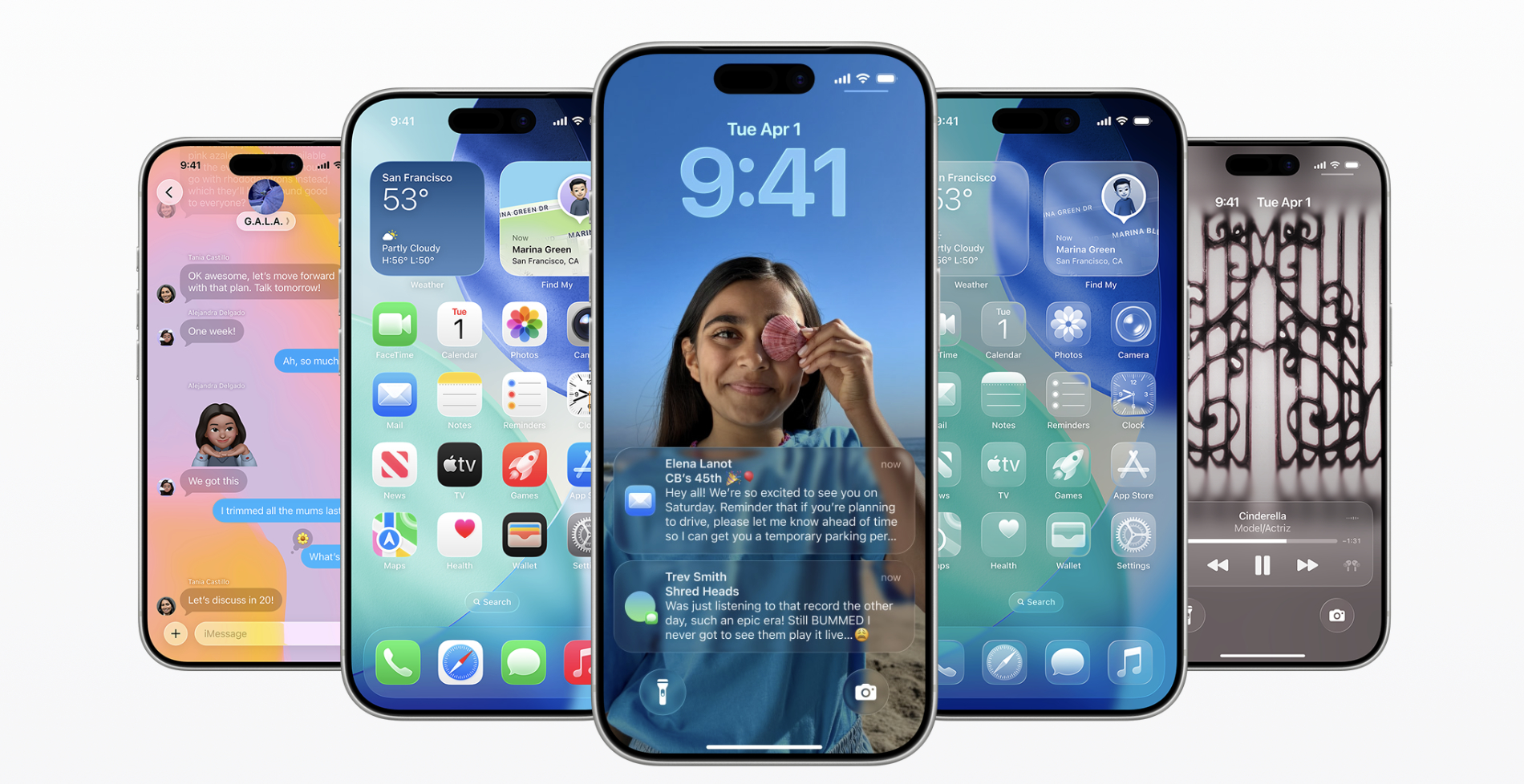
Apple is standing by its decision to terminate the Apple Developer Account of Appstun, a mobile app company created by one of Apple’s own Worldwide Developer Conference 2021 student winners. According to an announcement published on Appstun’s website, Apple moved to terminate the developer’s account after multiple rejections of its app that Apple says violates its App Store guidelines.
Apple’s decision to shut down the developer’s account was recently highlighted on X by Apple critic and 37Signals co-owner and CTO David Heinemeier Hansson, where he celebrated how much better web developers had it, noting they could run their businesses without the involvement of big tech gatekeepers.
“No fear on [sic] capricious rejections that might suddenly kill the business overnight,” he remarked.
Appstun co-founder Batuhan Karababa says that he and the other co-founder had been trying to work with Apple over the App Store rejections. (Karababa tells us that he’s only the formal founder on paper.)
“We responded transparently and collaborated with Apple to ensure our app doesn’t violate any guidelines. However, as the process continued, we began to face rejection for the issue that we thought we had already resolved in previous submissions. Apple didn’t find our solution good enough,” according to the announcement on Appstun’s website.
The company went back and forth with App Review, receiving multiple rejections over an app for designing Apple Watch faces. In addition to a more standard watch face, Appstun also came up with a workaround that would allow it to offer more highly customizable watch faces. But these weren’t actually watch faces in the traditional sense, but rather custom images and animations that run independently of the App Watch face system. Essentially, the app would take over the screen showing an image that was similar to a watch face, allowing Appstun to offer more customization. Of course, running a custom animation in this way could drain the Apple Watch battery faster.
Apple was also concerned that customers wouldn’t understand that they weren’t running a normal watch face, and that Appstun deceived them by suggesting that’s what it was offering.
Though Appstun added notifications to its app that these were not real watch faces, in an attempt to placate App Review, Apple instead decided to terminate the company’s developer account after repeated back-and-forth.
The company pleaded on its website for any help in getting its developer account restored.
According to Apple, there’s more to this story, and it thinks it made the correct decision. The iPhone maker said Appstun’s app repeatedly tried to mislead users into thinking that it offered features and functionality that it didn’t support and also marketed the app with deceptive ads, leading to negative app ratings and reviews.
Among the complaints from end users was that the custom animations or images didn’t work like real watch faces as they had hoped.
“I bought this to get what looks like a Rolex watch face … it’s not a face it’s just a picture … hands don’t even move,” wrote one customer. “Does this company have permission from Rolex to do this? I took it they did but I doubt it. Pure scam to get money from people. I want a refund it’s not acceptable. I will also report to Rolex and see if they do anything.”
Multiple complaints in the reviews indicated the app didn’t offer the watch faces it advertised and others questioned how the app could have 4.4 stars when so many of the written reviews were negative complaints.
Apple pointed to its guideline 5.6 — a developer code of conduct — that warns developers that “repeated manipulative or misleading behavior or other fraudulent conduct will lead to your removal from the Apple Developer Program.”
Of course, misleading apps and sneaky subscriptions have long been a problem on the App Store, and Apple has often failed to take action on many of the worst offenders.
For instance, a teen questions app, NGL was making millions while actively scamming its users until the U.S. Federal Trade Commission stepped in to ban the app from marketing to minors. Arguably, Apple should have caught the app earlier before it was allowed to profit from tricking kids.
One developer, Kosta Eleftheriou — who previously also settled a lawsuit against Apple over his app revenue lost to scammers — had raised awareness of App Store scams over the years, pointing to nefarious apps like a crypto wallet app that scammed a user out of his life savings; a kids’ game that contained a hidden online casino; and a VPN app that was scamming users out of $5 million per year, among others.
Now that Apple has to justify to regulators the commissions and fees developers are required to pay to publish on iOS, the tech giant may be incentivized to keep a closer eye on apps that it thinks to be committing fraud. Earlier this year, Apple claimed to have stopped $1.8 billion in App Store fraud, down from the $2 billion in potential fraud the year prior, for instance. It also said that it rejected 248,000 app submissions that were found to be spam, copying other apps or misleading, took action to prevent 84,000 potentially fraudulent apps from reaching App Store users, and either removed or rejected nearly 40,000 apps for bait-and-switch violations.






